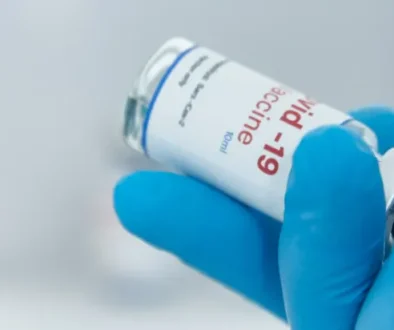The Connection Between Erectile Dysfunction and Mental Health
Unveiling the Link: Mind Matters in ED
Exploring the Psychological Roots of ED
Erectile Dysfunction (ED) is not merely a physical ailment; its roots often lie deep within the psyche. Psychological factors are responsible for approximately 10-20% of all cases of ED, suggesting a significant link between the mind and sexual health. This connection underscores the complexity of human sexuality, which is not solely dependent on physical capability but also on mental well-being. Conditions such as performance anxiety, relationship issues, and even past traumatic experiences can severely impact an individual’s ability to achieve or maintain an erection.
The Impact of Stress and Anxiety on Sexual Health
Stress and anxiety are particularly notorious for their role in precipitating erectile dysfunction. The body’s stress response, often referred to as "fight or flight," can significantly hinder sexual arousal and performance. Chronic stress leads to elevated levels of cortisol, a hormone that, when persistently high, can reduce testosterone levels, thereby diminishing libido and erectile function. Furthermore, the psychological burden of anxiety can create a vicious cycle, where the fear of sexual failure exacerbates the problem, making ED more pronounced.
Depression: A Silent Contributor to ED
Depression is another silent contributor to ED, often overlooked in the assessment of sexual health. The pervasive sense of hopelessness and lack of interest in pleasurable activities associated with depression directly affect sexual desire and performance. Antidepressants, while beneficial for managing depression, can also have side effects that further contribute to erectile dysfunction, complicating the patient’s condition. Recognizing and addressing depression is crucial in the holistic treatment of ED, as mental health and sexual health are inextricably linked.
Navigating the Complex Interplay Between Mind and Body
Strategies for Addressing Mental Health to Combat ED
Addressing the mental health aspects of erectile dysfunction involves a multifaceted approach. Here are strategies that can be effective:
-
Psychotherapy: Engaging in therapy, especially cognitive-behavioral therapy (CBT), can help individuals address the underlying psychological issues contributing to ED. CBT is effective in reducing performance anxiety and improving sexual confidence.
-
Stress Management: Incorporating stress-reduction techniques such as mindfulness, meditation, and yoga can help alleviate the stress and anxiety contributing to erectile dysfunction. These practices promote relaxation and can improve overall sexual function.
-
Lifestyle Changes: Adopting a healthier lifestyle can have a profound impact on both mental and physical health. Regular exercise, a balanced diet, and sufficient sleep not only improve cardiovascular health but also reduce stress, thereby indirectly improving ED symptoms.
By acknowledging the intricate relationship between the mind and sexual function, individuals and healthcare providers can adopt a more comprehensive approach to the treatment of ED. Addressing mental health not only improves erectile dysfunction but also enhances overall well-being. The journey to sexual health is a holistic one, requiring attention to both the mind and the body. In conclusion, the connection between erectile dysfunction and mental health is undeniable. The psychological roots of ED, the impact of stress and anxiety, and the role of depression highlight the need for a holistic approach to treatment. Strategies focusing on mental health can not only combat ED but also improve the quality of life. This comprehensive approach underscores the importance of recognizing and treating the mental aspects of sexual health, paving the way for more effective and compassionate care.
